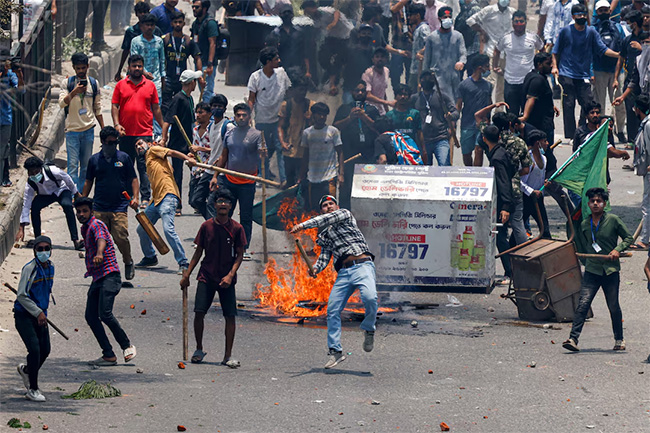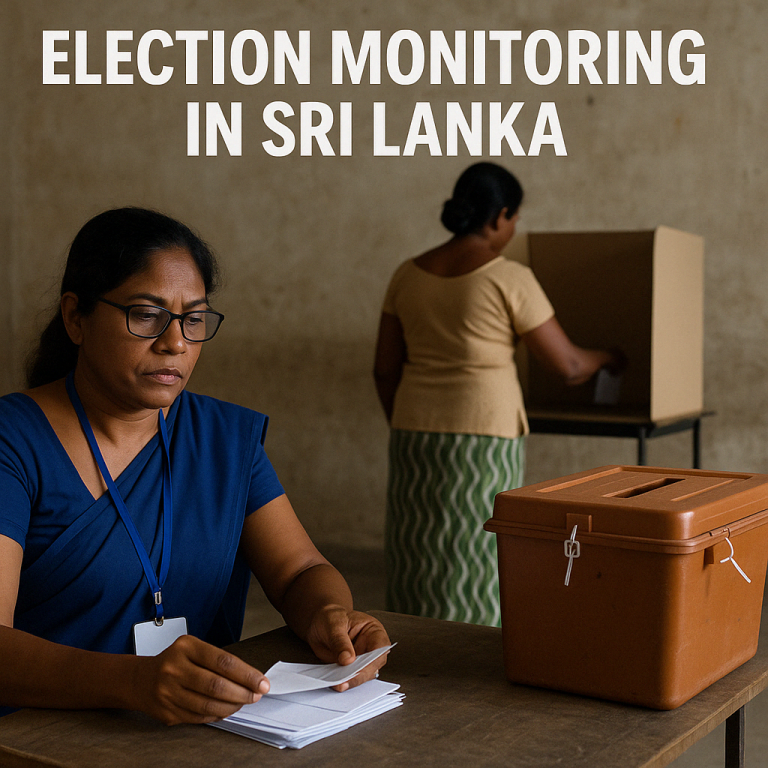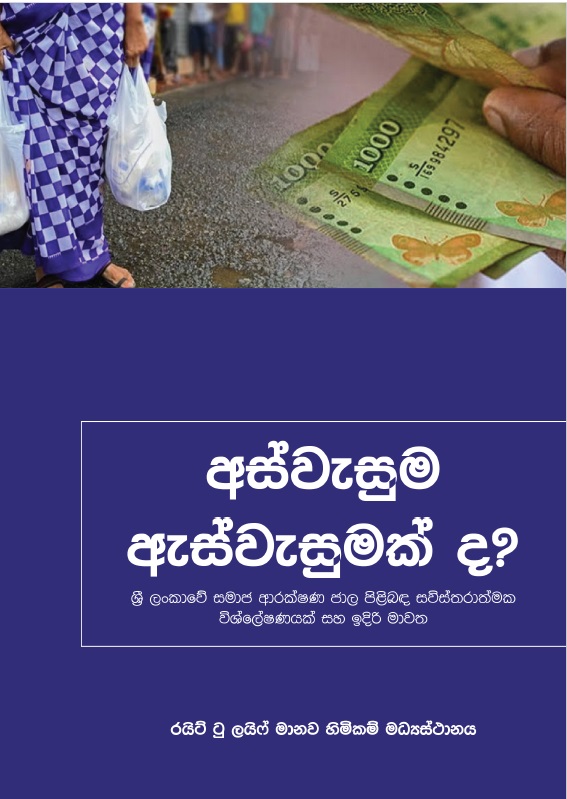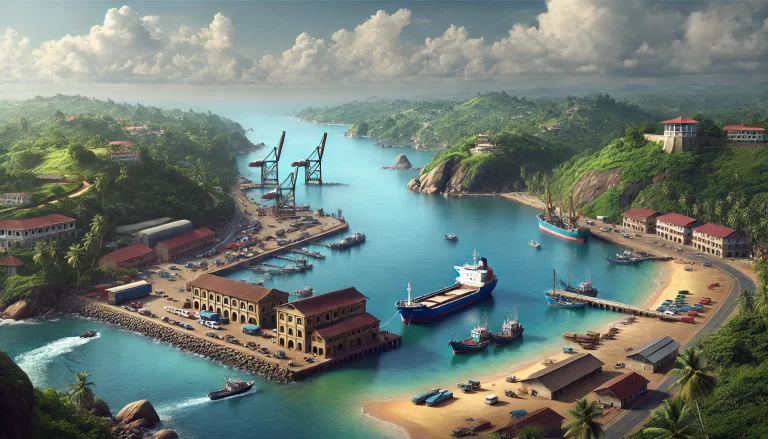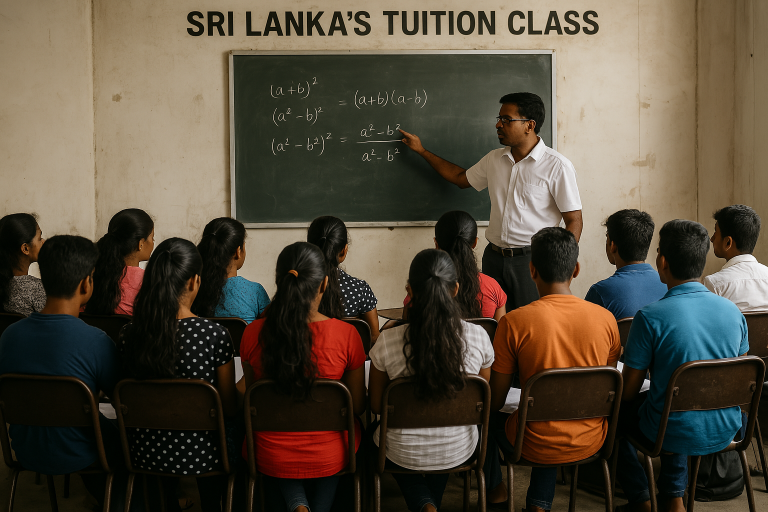Ajith Parakum
Bangladesh and Sri Lanka have recently faced dramatic uprisings that have reshaped their political landscapes. Bangladesh, once considered a model of development in South Asia, is now grappling with widespread public dissent. Fueled by economic hardship and political dissatisfaction, citizens took to the streets in both nations, demanding accountability and change. While the uprisings in each country shared common themes of economic struggle and demands for better governance, they unfolded in distinct ways, reflecting the unique social and political dynamics of each nation. These movements have highlighted the power of citizen activism in confronting entrenched political systems and have set the stage for potential reforms that could redefine the future of these nations.
Bangladesh is on a transformative path, aiming to graduate from the United Nations’ Least Developed Countries list by 2026 and achieve upper-middle-income status by 2031. This ambitious transition is driven by a focus on diversifying exports, improving infrastructure, and addressing climate change challenges. The country has demonstrated economic resilience and growth despite global challenges, with the Asian Development Bank projecting GDP growth of 6.1% in 2024 and 6.6% in 2025. However, inflation remains a concern, with rates forecasted at 8.4% in 2024.
The economy has been bolstered by strong exports, especially in the ready-made garment sector, and robust remittance inflows. Despite these strengths, Bangladesh faces challenges, including high inflation, a persistent balance of payments deficit, and vulnerabilities in the financial sector. Real GDP growth slowed to 5.8% in the fiscal year 2023, down from 7.1% the previous year, due to factors like global economic uncertainty and energy shortages. The World Bank expects growth to remain subdued at around 5.6% in FY24 but anticipates gradual improvement as policy adjustments take effect.
Sheikh Hasina, the current Prime Minister and leader of the Awami League, has been pivotal in driving economic growth through strategic policies and initiatives. Her leadership has focused on industrializing the economy, particularly through the ready-made garment sector, which significantly contributes to exports and GDP. Infrastructure development has been another priority, with major investments in projects like the Padma Bridge and power plants aimed at improving connectivity and energy supply.
In addition to infrastructure, Hasina has implemented social welfare programs to reduce poverty and improve health and education, fostering a healthier and more educated workforce. Her administration has pursued economic reforms to create a more business-friendly environment, attracting both local and foreign investments. The government has emphasized digital infrastructure and technological innovation through initiatives like “Digital Bangladesh,” which seeks to enhance service delivery and economic opportunities.
International support has been crucial to Bangladesh’s economic growth, with organizations such as the Asian Development Bank and the World Bank providing financial and technical assistance for various development projects. The International Monetary Fund offers policy advice and financial support to stabilize the economy, while bilateral partners like Japan, China, and India contribute through development projects and infrastructure investments.
However, Bangladesh faces significant political challenges amid its economic progress. Recently, Prime Minister Sheikh Hasina resigned following widespread violent protests. These protests, initially triggered by dissatisfaction with government job quotas and high youth unemployment, have escalated into a broader challenge to Hasina’s leadership and the Awami League party. The unrest has led to nearly 300 deaths, resulting in a national curfew and military deployment to restore order. An interim government is being established to manage the transition and address the country’s ongoing political and social tensions.
As Bangladesh navigates these complexities, the government’s commitment to economic reform and development, coupled with international support, will be vital in achieving its long-term goals of economic stability and prosperity.
In the wake of her resignation, Bangladesh’s Army Chief, Waker-uz-Zaman, announced the formation of an interim government to restore peace and stability. This interim government is expected to manage the political transition and address the demands of protesters. The army’s involvement is seen as a temporary measure to stabilize the situation and prevent further violence.
The future of Bangladesh is uncertain, with several potential scenarios emerging. The formation of an interim government could lead to new elections, offering an opportunity for different political factions to address grievances and promote reforms. However, there are concerns about the potential for continued unrest, especially if the interim government fails to meet the demands of the protesters or if political rivalries escalate further.

